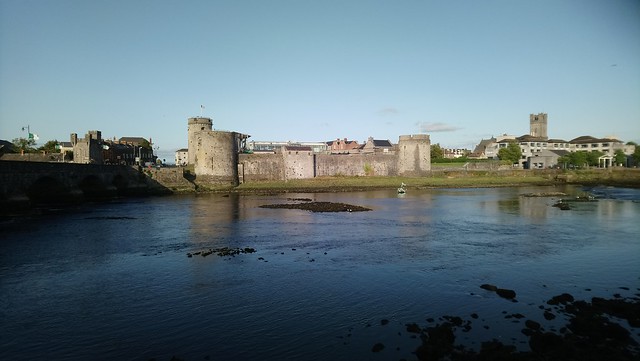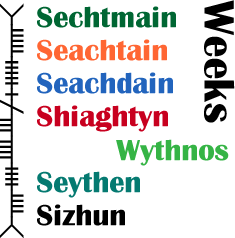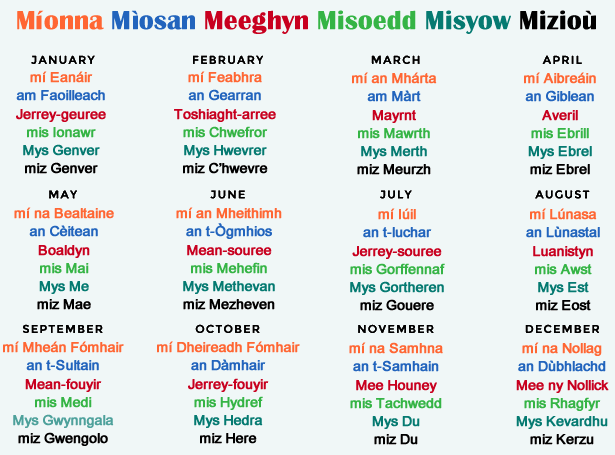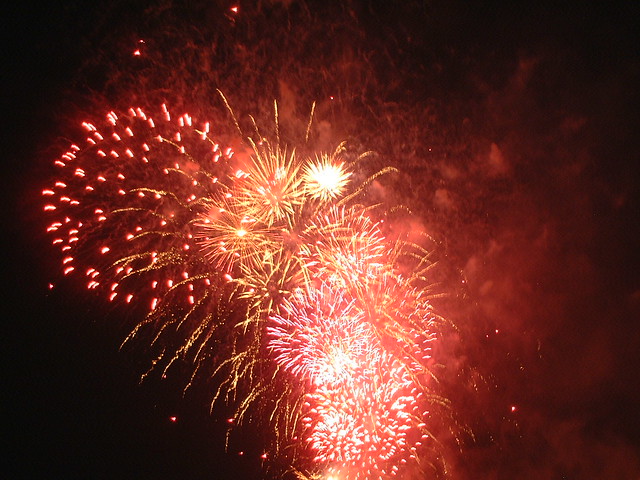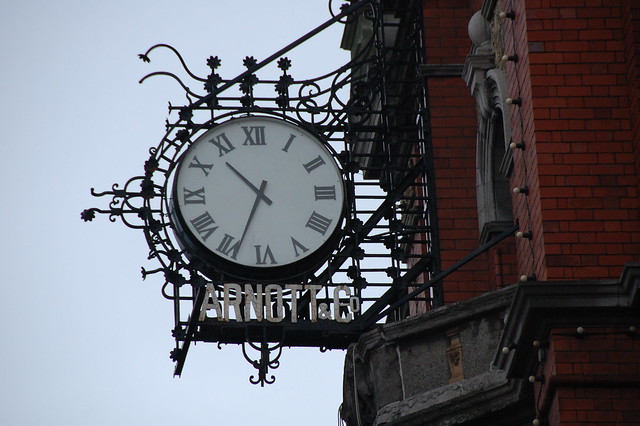Words for seven and related things in Celtic languages:

| Proto-Celtic | *sextam = seven *sextametos = seventh |
|---|---|
| Old Irish (Goídelc) | secht [sʲext] = seven sechtmad = seventh sechtae = seven things sechtmoga = seventy sechtmain = week |
| Middle Irish (Gaoidhealg) | secht [ɕext] = seven, seven times, seven things sechtmad, sechtmet, ṡec[t]maid = seventh, one of seven; a period of seven days sechtae, sechta = sevenfold, septenary, septenary sechtmoga, sechtmogo, sechtmogat = seventy sechtmain(e) = week |
| Irish (Gaeilge) | seacht [ʃaxt̪ˠ/ʃæxt̪ˠ]= seven seacht déag = seventeen seachtú = seventh (7ᵗʰ), seventh part seachtach = seventh (in music) seachtain = week seachtainiúil = weekly seachtar = seven people/things seachtó = seventy seachtbhliantúil = septennial (a period or cycle of seven years) seachtchodach = sevenfold seachtfhillte = folded in seven, sevenfold |
| Scottish Gaelic (Gàidhlig) | seachd [ʃɛxg] = seven seachdamh [ʃɛxgəv] (7ᵐʰ) = seventh (7ᵗʰ) seachdnar [ʃɛxgn̪ər] = seven people seachd-fillte = sevenfold seachd-shliosach [ʃesgəd] = heptagon(al) seachd deug = seventeen seachdad [ʃɛxgəd] = seventy, the 70s seachdain [ʃɛxgɛn̪ʲ] = week seachdaineil [ʃɛxgɪn̪ʲal] = weekly deireadh-seachdain, ceann-seachdain = weekend Na Seachd-Reultan = the Pleiades, the Seven Sisters |
| Manx (Gaelg) | shiaght [ʃaːxt] = seven, septet shiaghtoo, (yn) chiaghtoo = seventh shiaght jeig = seventeen shiaght jeigoo = seventeenth shiaght filley = septuple, sevenfold shiaghtin = week, heptagon jerrey shiaghtin = weekend |
| Gaulish | sextam = seven sextametos = seventh |
| Proto-Brythonic | *seiθ [sɛi̯θ] = seven *seɨθβ̃ed [hwɛˈxɛːd] = seventh |
| Cumbric | mithy, lethera, saites = seven |
| Middle Welsh (Kymraec) | sseith, seith [sei̯θ] = seven seithued, seythuet, seithuet = seventh seith dyblyc, saith ddyblyg = sevenfold seyth nyn, seyth dyn = seven persons, seven men |
| Welsh (Cymraeg) | saith [sai̯θ] = seven, sevenpence seithfed (7ed) [ˈsei̯θvɛd/ˈsei̯θvad] = seventh saithdeg = seventy saithdegau = seventies saithdegfed = sevenieth saithddyblyg = sevenfold seithawd = a group of seven people or things, septet, seventh (in music) seithblyg = sevenfold, septuple, have 7 parts or arms (candelabrum) seithliw = seven colours, seven-coloured, iridescent seithnyn = seven persons, seven men seithochr = heptagon(al), septangular |
| Old Cornish | syth = seven |
| Middle Cornish (Cernewec) | seith, syth, sŷth = seven seithvas, sythvas = seventh seitag, seitek = seventeen seithun, seithan, sythyn = week |
| Cornish (Kernewek) | seyth [səiθ] = seven seythves = seventh seythen = week seythennyek, seythednek = weekly pennseythen = weekend |
| Old Breton (Brethonoc) | seith = seven |
| Middle Breton (Brezonec) | seiz, seyz = seven seizuet, seizüet, seihuit, seizved = seventh seizdec, seitec, seytecq, zeitec = seventeen seitêcvèd, seitekved, zeiteget = seventeenth sizun, syzun, sehun, siun = week |
| Breton (Brezhoneg) | seizh [ˈxwɛx] = seven seizhved = seventh seitek = seventeen seitegvet = seventeenth sizhun = week |
Etymology: from Proto-Indo-European *septḿ̥ (seven) [source]. Words from the same PIE root include seven, and words beginning with hepta-/sept(a/i)-, such as heptastyle (having 7 columns), septemplex (sevenfold), septasyllabic (having 7 syllables) and septilateral (having 7 sides) in English, and words related to seven in other Indo-European languages [source].
The Old Irish word sechtmain was borrowed from the Late Latin septimāna (week), from septimānus (related to the 7th element of a series), from the Latin septimus (7th) [source]. Words for week in Cornish and Breton probably came from the same roots.
A week in Welsh is wythnos (“8-night”), as weeks in Wales have an extra night. A weekend is penwythnos and a fortnight (2 weeks) is pythefnos (“15-night”).
Sources: Wiktionary, Am Faclair Beag, Online Manx Dictionary, Teanglann.ie, eDIL – Electronic Dictionary of the Irish Language, In Dúil Bélrai English – Old Irish glossary, Geiriadur Prifysgol Cymru, Gerlyver Kernewek, Gerlyvyr Cernewec, Dictionaire Favereau, TermOfis, Le dictionnaire diachronique du breton, Geriafurch, English – ProtoCeltic WordList (PDF), Etymological Dictionary Of Proto Celtic



